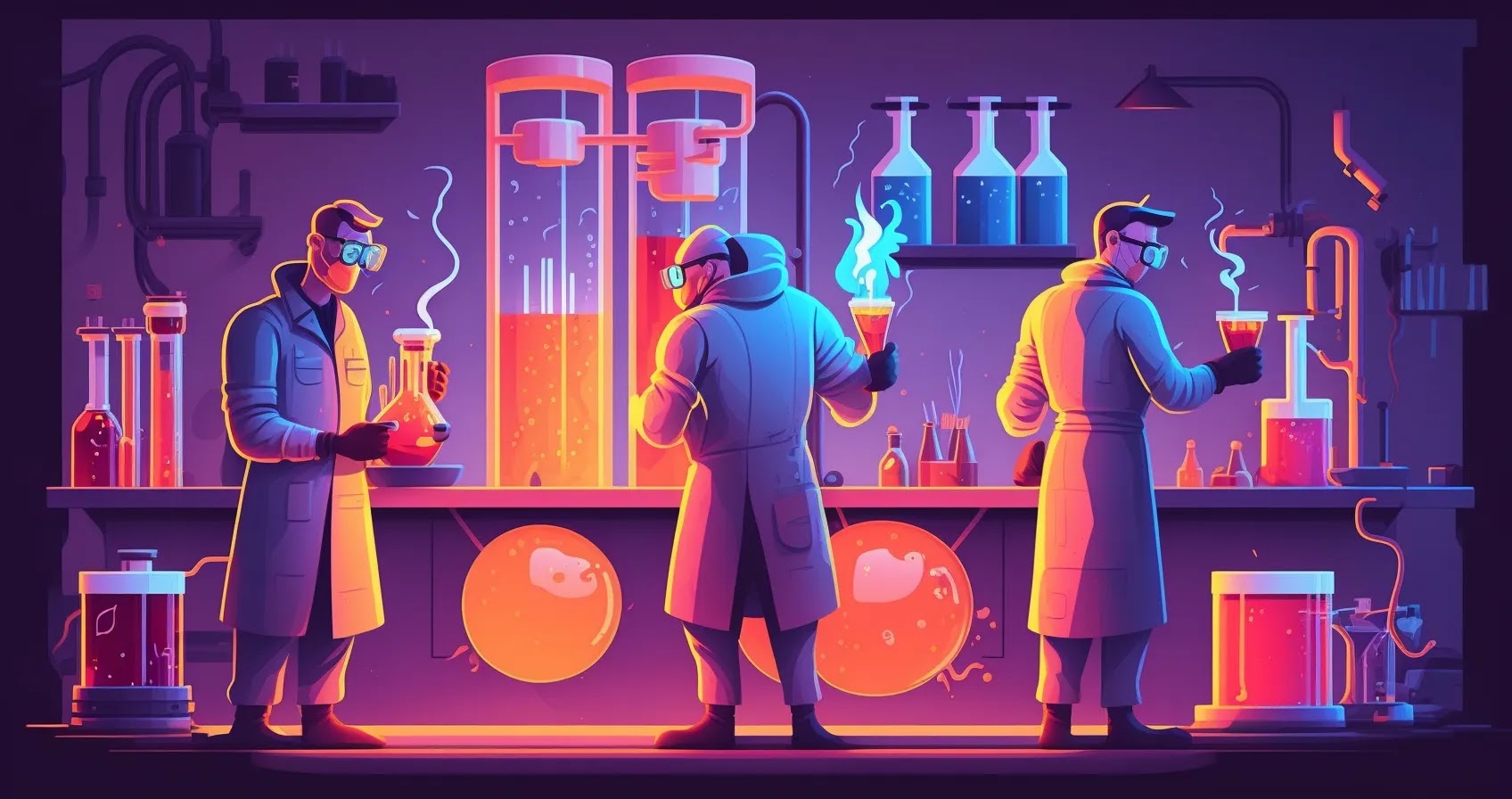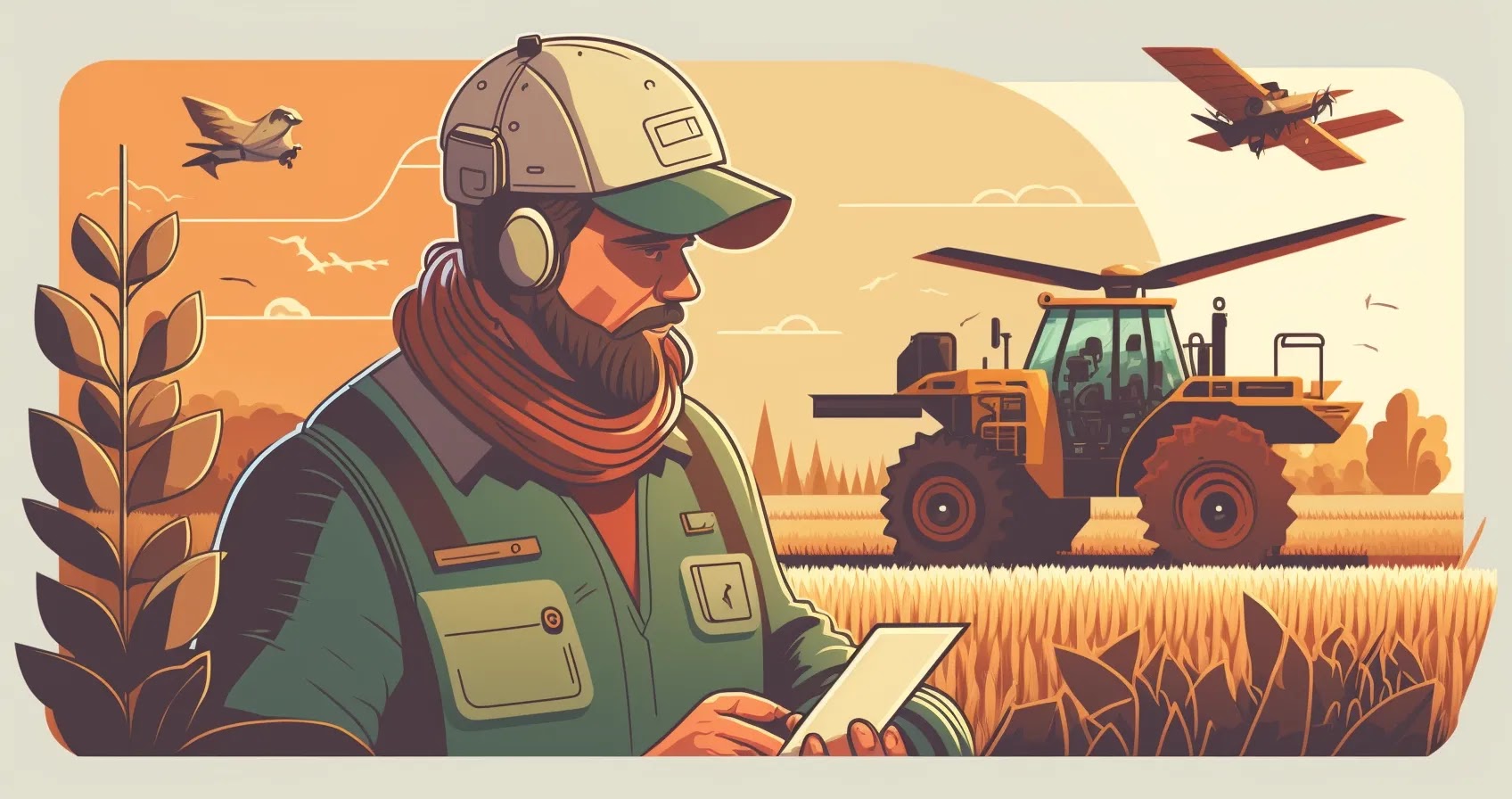If you have a love for plants and nature, becoming a botanist can be an exciting career path for you. Botany is the scientific study of plants, including their structure, growth, reproduction, and diseases.
As a botanist, you will have the opportunity to explore and study the diverse and fascinating world of plants.

Quick Navigation:
Why become a Botanist?
Becoming a botanist can be a fulfilling and rewarding career choice for several reasons. Firstly, botanists play a crucial role in understanding and preserving the planet’s biodiversity.
They work towards identifying and conserving rare and endangered plant species, studying plant genetics, and developing new plant varieties.
Secondly, botanists can work in a variety of industries, including agriculture, biotechnology, environmental conservation, and pharmaceuticals.
Finally, botany is a constantly evolving field, offering opportunities for research, innovation, and discovery.
How to become a Botanist?
To become a botanist, you will need a degree in botany, biology, or a related field. A Bachelor’s degree is the minimum requirement for most entry-level botany jobs, while a Master’s or Ph.D. degree may be required for advanced research or teaching positions.
You can also gain practical experience by volunteering or interning at botanical gardens, conservation organizations, or research labs.
Also, joining professional organizations like the Botanical Society of America or the American Society of Plant Biologists can provide networking opportunities and career resources.
Skills for Botanists
Botanists require a diverse set of skills, including strong observational skills, attention to detail, critical thinking, and problem-solving abilities.
They also need to have excellent communication skills, as they often collaborate with colleagues and present their findings to a broader audience.
Good organizational skills and the ability to work independently are also essential for success in this field.
Career development
Botanists can pursue diverse career paths, including research, teaching, conservation, biotechnology, and agriculture. With experience and advanced degrees, botanists can become lead researchers, professors, or senior scientists. They can also work as consultants, advising businesses and organizations on plant-related matters.
Requirements of Botanists
To succeed as a botanist, you will need a strong educational background in botany, biology, or a related field. You should also have experience working with plants, either through internships or volunteering.
Good communication, analytical, and problem-solving skills are crucial for success in this field. Additionally, botanists should be familiar with scientific research methods and the use of technology in analyzing and interpreting data.
Interview preparation for Botanists
Preparing for a botanist interview requires a thorough understanding of the company or organization’s goals and objectives.
Research the company’s history, mission, and current research projects to gain a better understanding of their needs.
Be prepared to discuss your experience and skills related to botany, including any research or projects you have worked on.
Practice answering common interview questions, such as your strengths and weaknesses, and be prepared to provide examples of your problem-solving abilities.
Work-life balance
Botanists can work in a variety of settings, including laboratories, greenhouses, botanical gardens, or in the field.
While some botanists may work long hours, especially during research projects, others have a more flexible schedule.
Botanists can also enjoy work-life balance by pursuing hobbies and interests outside of work, such as hiking, gardening, or nature photography.
A day in the life with Botanist
Below is a table that outlines a typical day in the life of a botanist:
| Time | Activity |
|---|---|
| 8:00 AM | Arrive at the lab or office |
| 8:30 AM | Check email and respond to urgent requests |
| 9:00 AM | Conduct experiments or analyze data |
| 12:00 PM | Lunch break |
| 1:00 PM | Attend meetings or collaborate with colleagues |
| 3:00 PM | Continue experiments or data analysis |
| 5:00 PM | Wrap up work for the day |
FAQs
1. What are the job prospects for botanists?
With the growing demand for sustainable agriculture and environmental protection, the job prospects for botanists are expected to grow.
2. What are the key skills required for success as a botanist?
They also need to have excellent communication skills and good organizational skills.
3. What is the average salary for botanists?
Wrapping up
If you have a passion for plants and nature, becoming a botanist can be an exciting and rewarding career choice.
With the right education, skills, and experience, you can pursue diverse career paths in botany and contribute to the understanding and preservation of the planet’s biodiversity.









